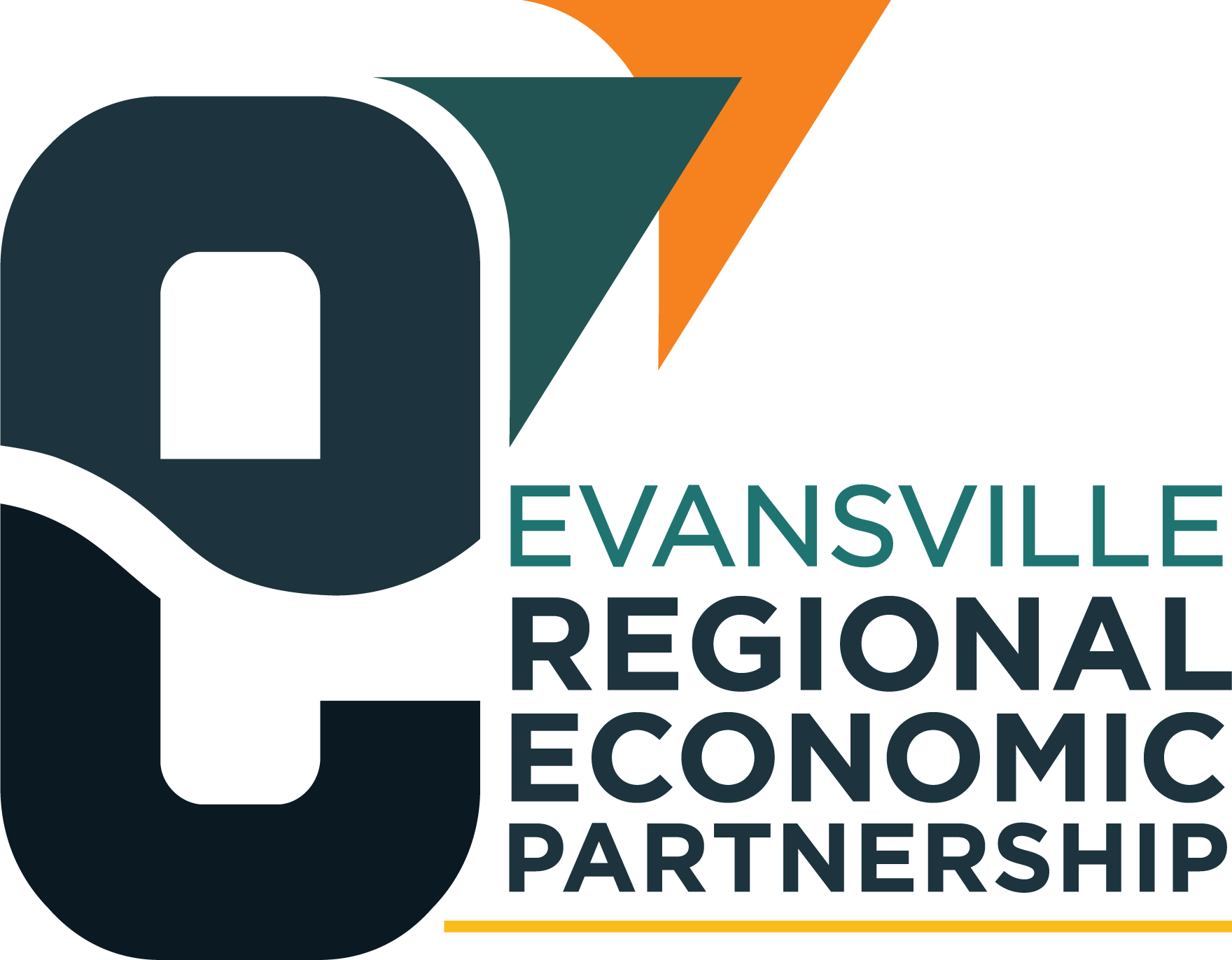In a groundbreaking move, the U.S. Department of Energy (DOE) has allocated a total of $650,000 to 13 winners of the inaugural Manufacture of Advanced Key Energy Infrastructure Technologies (MAKE IT) Prize. One standout project is emerging in Evansville, Indiana, where efforts are focused on connecting clean energy manufacturers with the resources necessary to establish a foothold in the region.
The MAKE IT Prize is a three-phase competition designed to bolster domestic manufacturing of critical components for clean energy infrastructure. The first 13 winners, including Evansville Energy Nucleus, a collaboration between Circular Venture Lab and the University of Evansville’s Center for Innovation and Change, will each receive $50,000 to engage their communities and draft a concept roadmap tailored to their region.
The Evansville Energy Nucleus project stands out as the sole Indiana winner, aiming to provide detailed resources for clean energy manufacturers interested in the region, with a focus on underserved communities. If successful in the first phase, participants move on to the second phase, where an additional $100,000 could be earned to develop a final roadmap and engage in discussions with potential manufacturers interested in establishing operations in the region.
This initiative is particularly significant in the context of Southwest Indiana’s industrial history, characterized by coal mines and a prominent role in the industrial workforce. However, the region has also earned a less favorable reputation as a ‘super polluter,’ ranking in the top 10 states for greenhouse gas emissions. Erin Lewis, Executive Director at the University of Evansville’s Center for Innovation and Change, emphasized the urgent need for change, highlighting the commitment of students to a cleaner future.
The $50,000 grant from the DOE provides an opportunity for UE and local leaders to introduce and welcome clean energy manufacturing to the region, with the goal of reducing greenhouse gas emissions. Logan Jenkins, Executive Director at Circular Venture Lab, emphasized the broader scope of the initiative, aiming not only to attract existing clean energy manufacturers to Evansville but also to collaborate with large businesses in the region, exploring ways they can contribute to the clean energy transition.
The grant will support UE’s Changemaker Lab in offsetting costs for students brainstorming ways to work with local and relocating companies to bring renewable manufacturers to the Evansville Region. The focus is on meeting the needs of companies looking to relocate, ensuring a seamless transition by addressing green space and infrastructure requirements.
Looking forward, both Lewis and Jenkins emphasize that this initiative is not about changing Evansville’s history but rather about offering businesses a chance to be part of a cleaner future. The first grant will be dedicated to building a roadmap, and if successful, a second grant of $100,000 will be aimed at putting that roadmap into effect. Excitingly, the Department of Energy is set to visit Evansville in January to brainstorm innovative solutions to challenges in the city, marking a collaborative effort to shape a sustainable and environmentally conscious future for the region.
